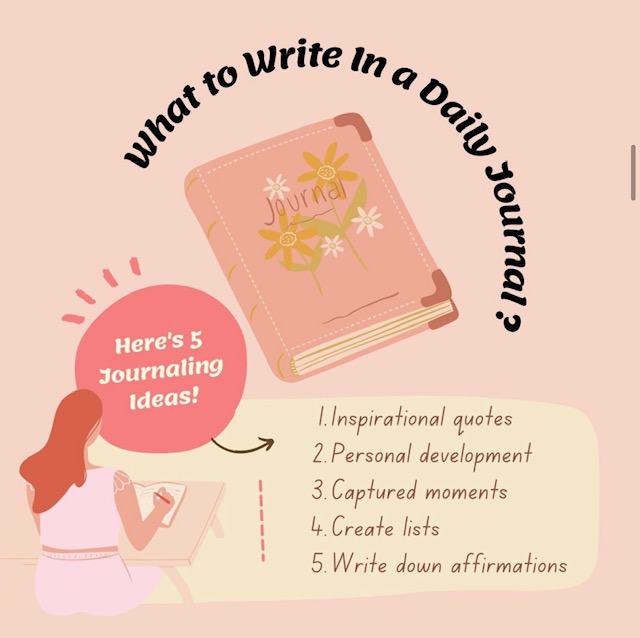
Journaling is a highly recommended stress-management tool. It can help reduce anxiety, lessen feelings of distress, and increase well-being. The goal of this process is to get your worries on paper so you can challenge those thoughts, and come up with ways to address them.
-
- Gratitude Journal: Some people keep a daily gratitude journal where they list three or more aspects of each day for which they are grateful. It helps you to focus on the resources you have in your life already and create a more positive mood at the moment, both of which have been shown to build long-term resilience.
-
- Emotional Release: You may also write about your emotional responses to events that have happened throughout the day as a way of coping with the stress. This can help you to process what you are feeling and perhaps even explore more positive reframing options.
-
- Bullet Journal or Personal Planning Journal: Some people simply keep journals to track what they need to do each day, goals they have, memories they create, and other things they don’t want to forget. Because writing things down can help keep your mind uncluttered and help you to remember what’s important to you, this can relieve stress as well.
Try to write every day. Set aside a few minutes every day to write. You can also keep a journal on your smartphone.
You don’t have to share your thoughts with anyone. Write or draw whatever feels right. Your journal doesn’t need to follow any certain structure.
